Finding the ideal rental property in Dubai can feel like navigating a bustling bazaar—exciting, yet overwhelming. The emirate’s real estate landscape is dynamic and diverse, attracting a global audience seeking everything from luxurious waterfront apartments to cozy villas in family-friendly neighborhoods. With its picturesque views and modern amenities, Dubai caters to a multitude of lifestyles and preferences. Whether you are relocating for work, study, or leisure, knowing how to effectively search for a rental property can significantly ease your journey. This guide aims to simplify that process, providing insights and practical tips to help you find your perfect home in this vibrant city.
Understanding the Dubai Rental Market

The first step in your search should be a solid grasp of the Dubai rental market. This vibrant marketplace is characterized by its fluctuating rental prices, influenced by seasonal demand and economic trends. As a tenant, understanding these fluctuations can be a powerful tool in negotiating your lease. It’s not just about choosing a property; it’s about making a strategic decision based on current market conditions. Knowing popular neighborhoods can also steer you in the right direction, allowing you to prioritize areas that best suit your lifestyle and budget.
- Fluctuation in rental prices based on demand and supply
- Seasonal variations affecting short-term rentals
- Emerging neighborhoods offering competitive rental rates
Setting Your Budget

Once you’re familiar with the market, the next crucial step is setting your budget. This process involves more than just gauging the monthly rent; it requires a comprehensive view of all associated costs. Rent prices vary widely across different areas, so it’s essential to narrow down your preferences based on your financial capabilities. Preparing for additional expenses, such as utilities and community service charges, will help you avoid unpleasant surprises. Moreover, it’s prudent to consider the cost of furnishing your new home if renting an unfurnished property.
- Monthly rent and utility costs
- Security deposits and agency fees
- Budget for furnishing and potential maintenance expenses
Choosing the Right Location
Your next step is choosing the right location, a decision that can significantly influence your rental experience. Dubai is home to many distinct neighborhoods, each offering a unique lifestyle. Factors such as proximity to work, schools, and entertainment should guide your choice. Downtown Dubai symbolizes luxury, while areas like Dubai Marina and JBR boast vibrant waterfront communities. Conversely, neighborhoods like Jumeirah and Arabian Ranches offer a quieter suburban atmosphere, ideal for families.
- Downtown Dubai
- Dubai Marina
- Jumeirah Beach Residence (JBR)
- Palm Jumeirah
| Neighborhood | Average Rent (Yearly) | Suitability |
|---|---|---|
| Downtown Dubai | AED 120,000 | Luxury seekers |
| Dubai Marina | AED 90,000 | Young professionals, expatriates |
| Jumeirah Beach Residence (JBR) | AED 100,000 | Families, beach lovers |
| Palm Jumeirah | AED 150,000 | Luxury seekers |
Utilizing Online Platforms
The internet has transformed how tenants search for rental properties. Numerous platforms and websites provide listings, comparing prices and available amenities with just a few clicks. This accessibility empowers you to make informed decisions while saving time and effort. Popular apps like Property Finder, Dubizzle, and Bayut serve as excellent resources for your property hunt. You can filter search results according to your criteria—be it budget, location, or property type—allowing for a tailored search experience.
- Property Finder
- Dubizzle
- Bayut
- Various real estate agency websites
Engaging a Real Estate Agent
While online tools are essential, partnering with a real estate agent can add tremendous value to your property search. Agents possess insider knowledge of the market, enabling you to access exclusive listings that may not be publicly advertised. They can also streamline the negotiation process and offer insights on lease terms. If you’re unfamiliar with the intricacies of Dubai’s rental laws, an agent can be invaluable in navigating legal obligations, ensuring you remain compliant. Understanding the advantages of working with a professional can save you time and contribute significantly to a smoother transition.
- Access to exclusive listings
- Negotiation assistance
- Expert knowledge of the legal process
Conducting Property Viewings
Prior to making a final decision, conducting property viewings is integral to the rental process. It allows you to assess the property firsthand—something photos and virtual tours cannot replicate. During viewings, pay attention to the property’s condition and inquire about safety and security features. Exploring amenities like nearby public transport, parks, and recreational facilities will offer insights into your potential living experience. Taking notes during your visits can help you compare and contrast different options more effectively.
- Overall condition of the property
- Safety and security features
- Available facilities such as pools, gyms, etc.
Understanding Lease Agreements
Finally, grasping the terms of lease agreements is vital to safeguard your interests as a tenant. Lease agreements in Dubai can be complex, containing various clauses and stipulations that could impact your rights. To avoid inconveniences in the future, familiarize yourself with key terms within the contract. Understanding the lease duration, renewal clauses, and conditions for termination can save you future headaches. Remember, a well-informed tenant is better positioned to navigate the property rental landscape with confidence.
- Lease duration
- Renewal clauses
- Termination conditions
Conclusion
Finding a rental property in Dubai can be a rewarding endeavor when approached with the right preparation and knowledge. By comprehending the market landscape, setting a realistic budget, and selecting an ideal location, you can significantly improve your chances of locating a suitable home. Whether you choose to utilize online platforms, engage a real estate agent, or scrutinize lease agreements, implementing these strategies will empower your search. Embrace the adventure, and soon enough, you’ll find yourself settled in one of the world’s most exciting cities.
Frequently Asked Questions
- What are the average rental prices in Dubai? Average rental prices vary by area, but generally, they range from AED 30,000 to AED 300,000 per year depending on the property type and location.
- Do I need to pay a security deposit? Yes, a security deposit of 5% (for unfurnished) or 10% (for furnished) of the annual rent is typically required when signing a lease.
- Can I negotiate rent with the landlord? Yes, negotiation is common in Dubai, especially if you are well-informed about comparable properties.
- Are short-term rentals allowed? Short-term rentals are permitted in certain areas but usually require proper licensing and adherence to local regulations.
- What documents do I need to rent a property? Generally, you will need a copy of your passport, visa, employment letter, and sometimes a credit report.
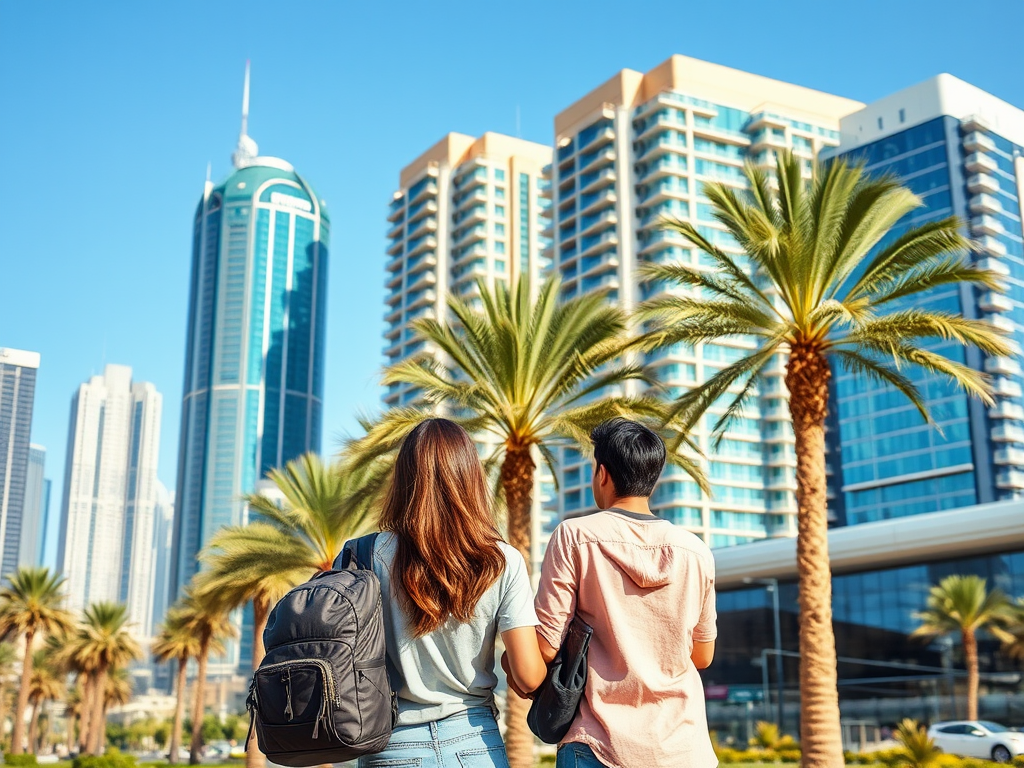
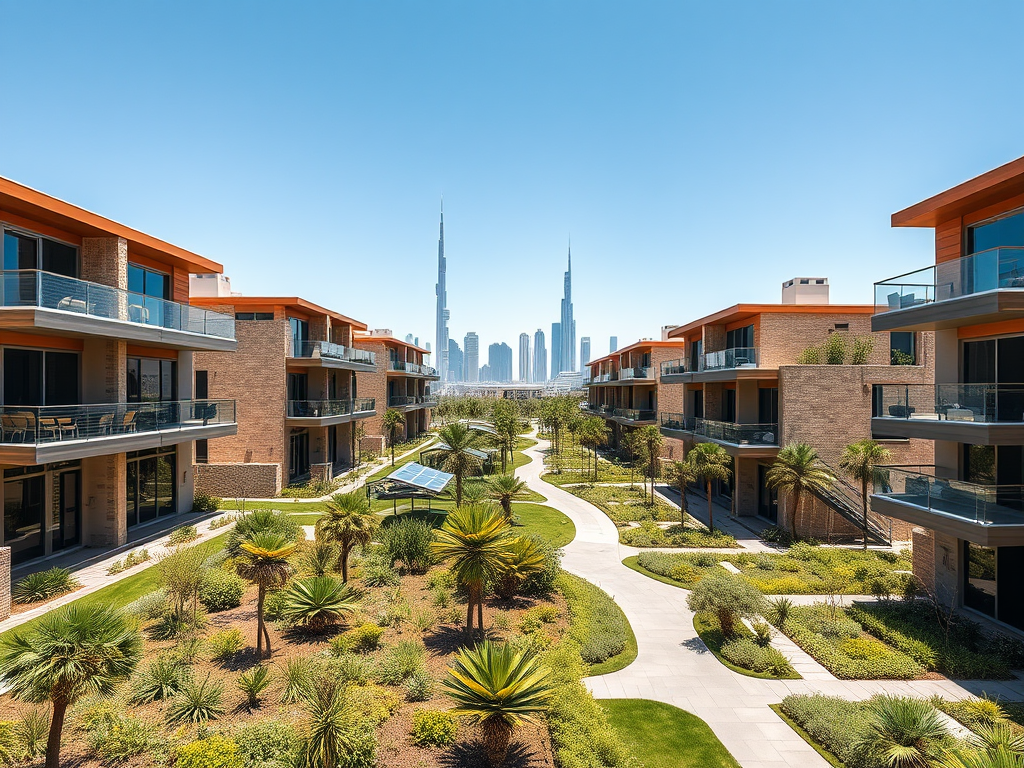
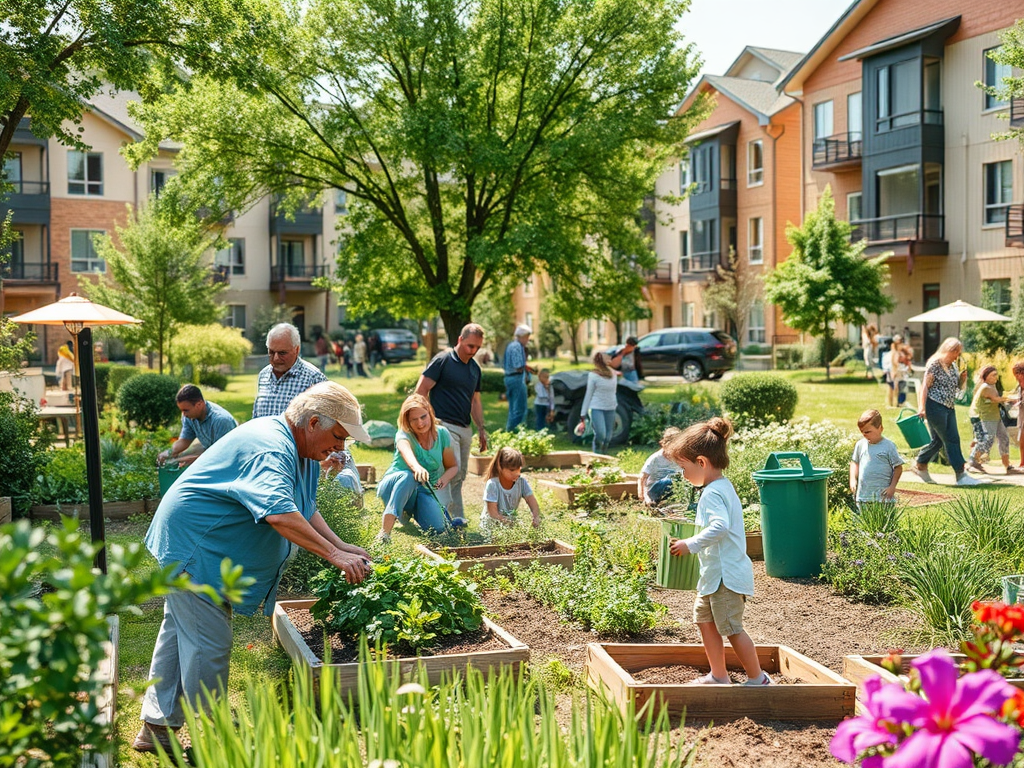
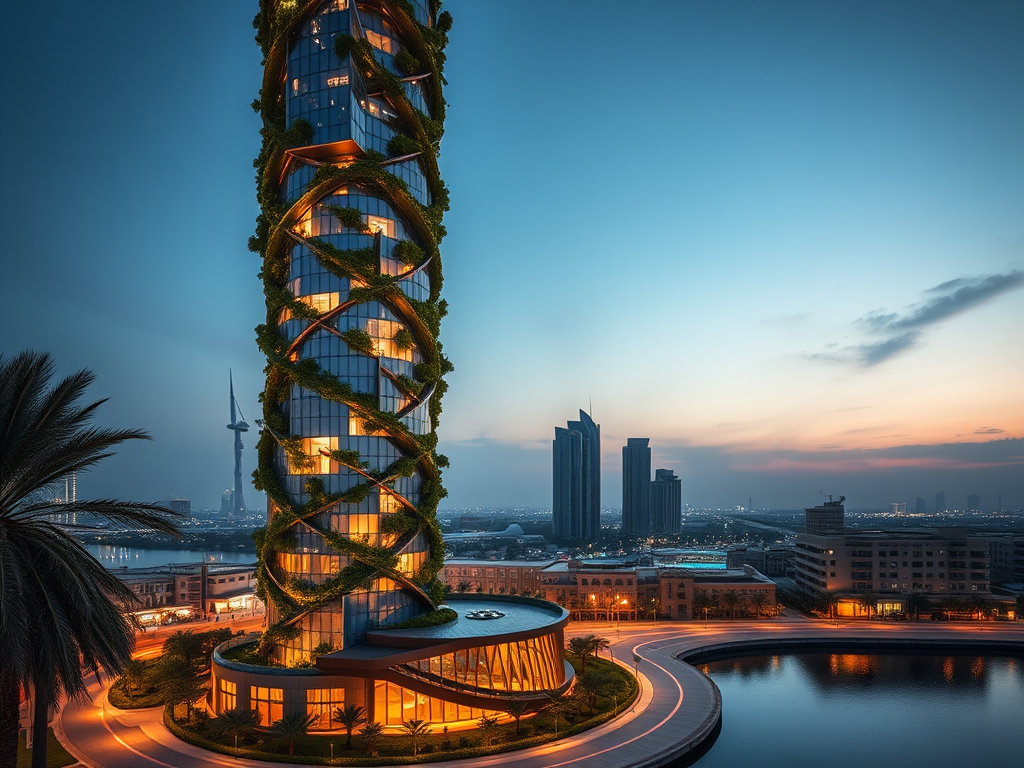
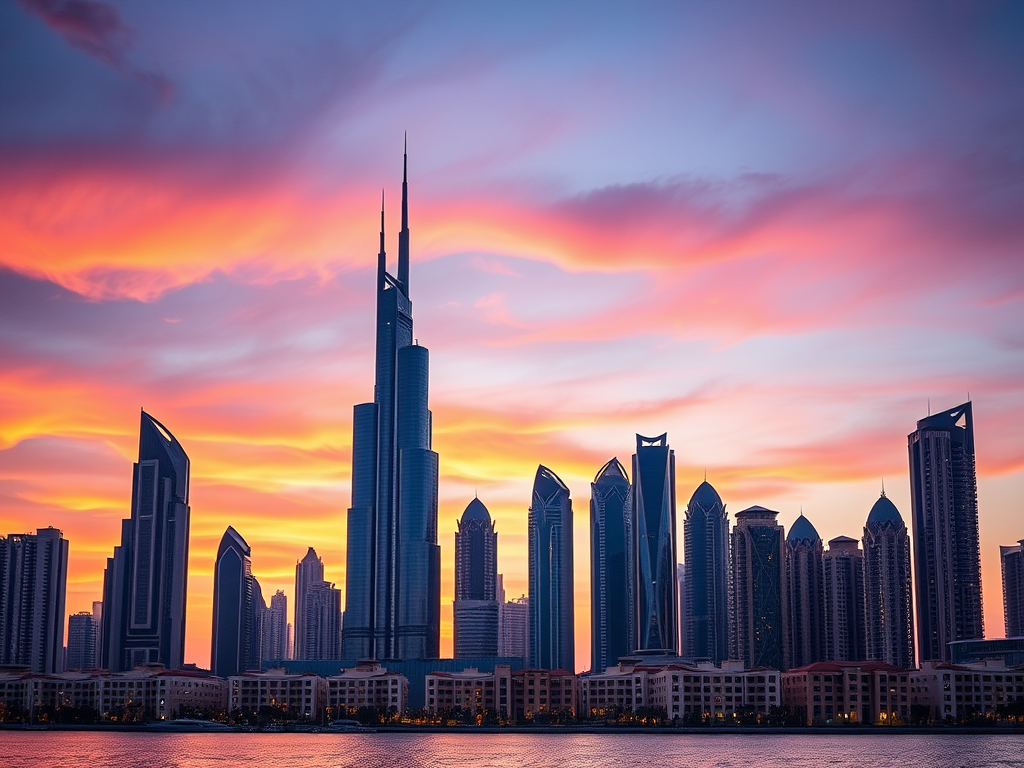

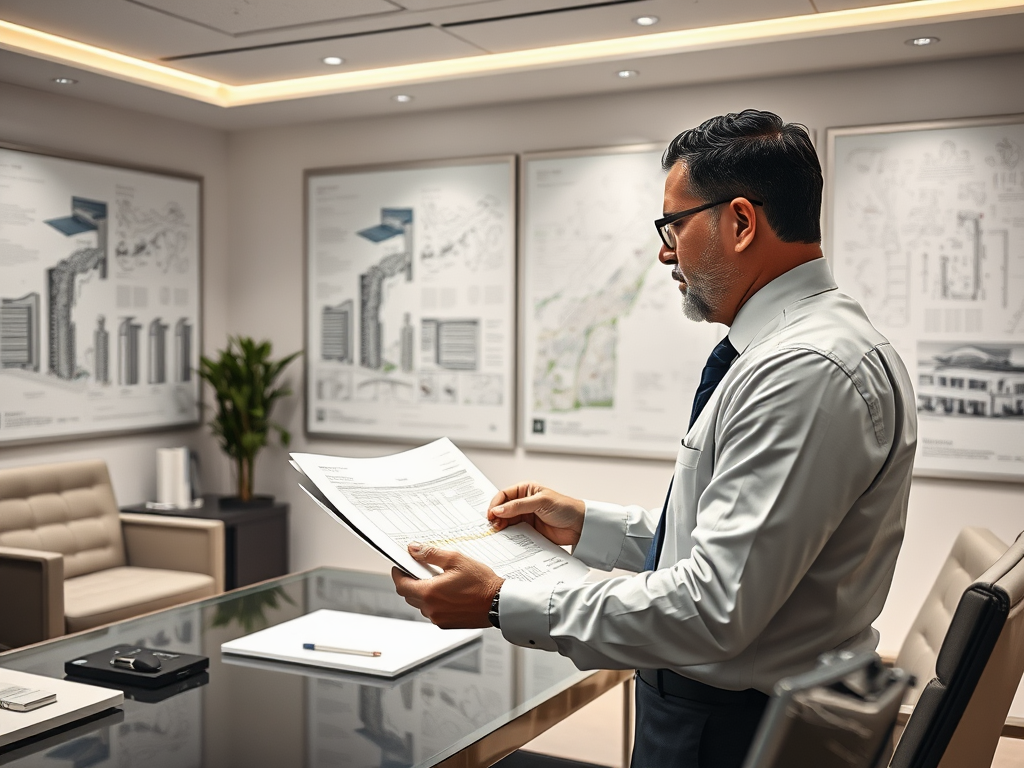
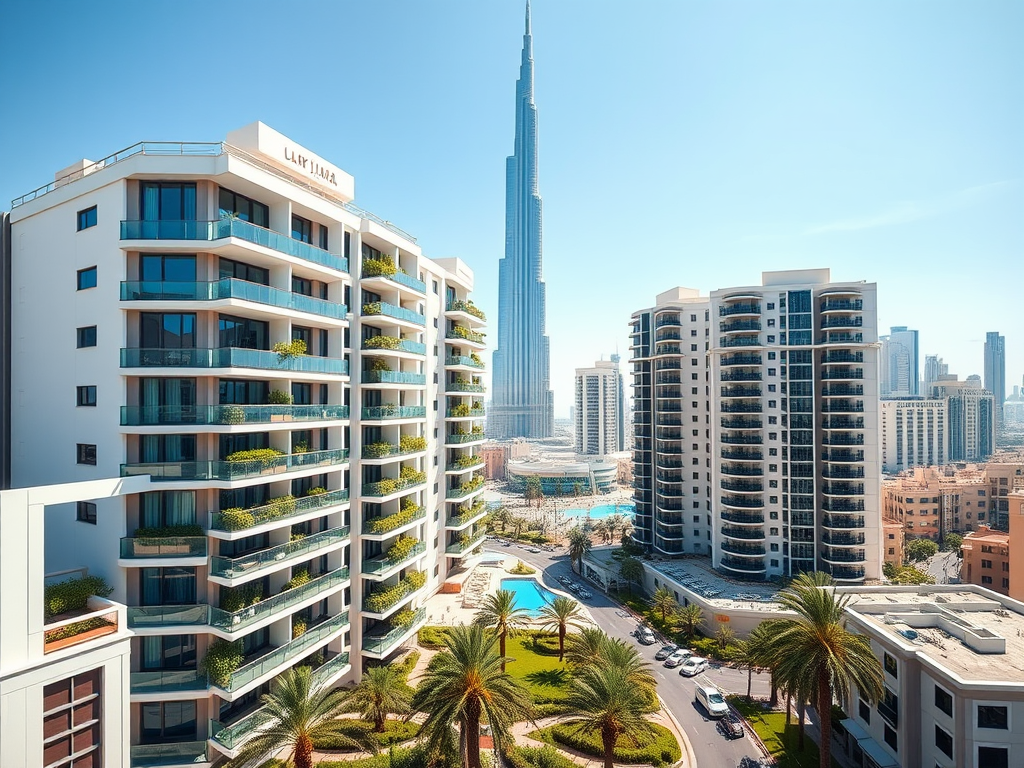
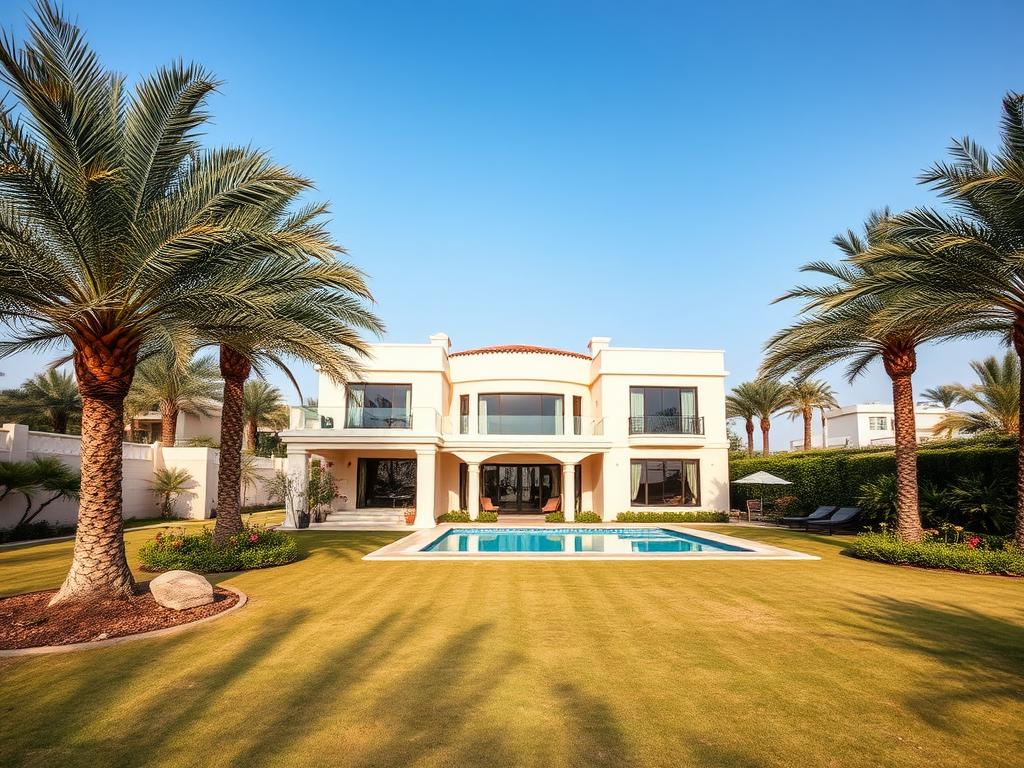 The UAE boasts a stable economic environment, characterized by consistent growth. Over the years, it has established itself as a global hub for business and tourism. This economic robustness translates to a reliable real estate market, with properties often appreciating in value over time. Furthermore, the government has implemented various policies to ensure investor protection, such as offering freehold property ownership rights to foreigners in many areas. This legal framework generates trust and encourages foreign investment, bolstering the real estate sector. Not to mention, the vibrant lifestyle and cultural experiences available in the UAE attract locals and expatriates alike, further boosting demand for properties.
The UAE boasts a stable economic environment, characterized by consistent growth. Over the years, it has established itself as a global hub for business and tourism. This economic robustness translates to a reliable real estate market, with properties often appreciating in value over time. Furthermore, the government has implemented various policies to ensure investor protection, such as offering freehold property ownership rights to foreigners in many areas. This legal framework generates trust and encourages foreign investment, bolstering the real estate sector. Not to mention, the vibrant lifestyle and cultural experiences available in the UAE attract locals and expatriates alike, further boosting demand for properties.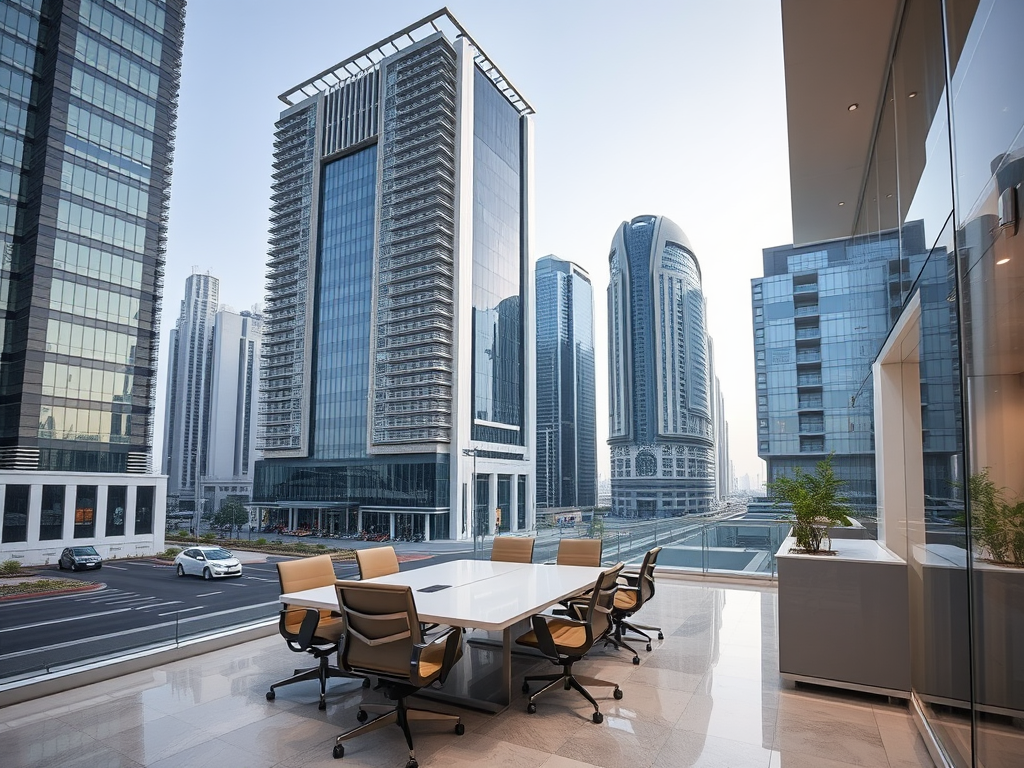 Understanding where to invest is crucial. The UAE consists of several key markets, each with its unique sector trends and opportunities.
Understanding where to invest is crucial. The UAE consists of several key markets, each with its unique sector trends and opportunities.